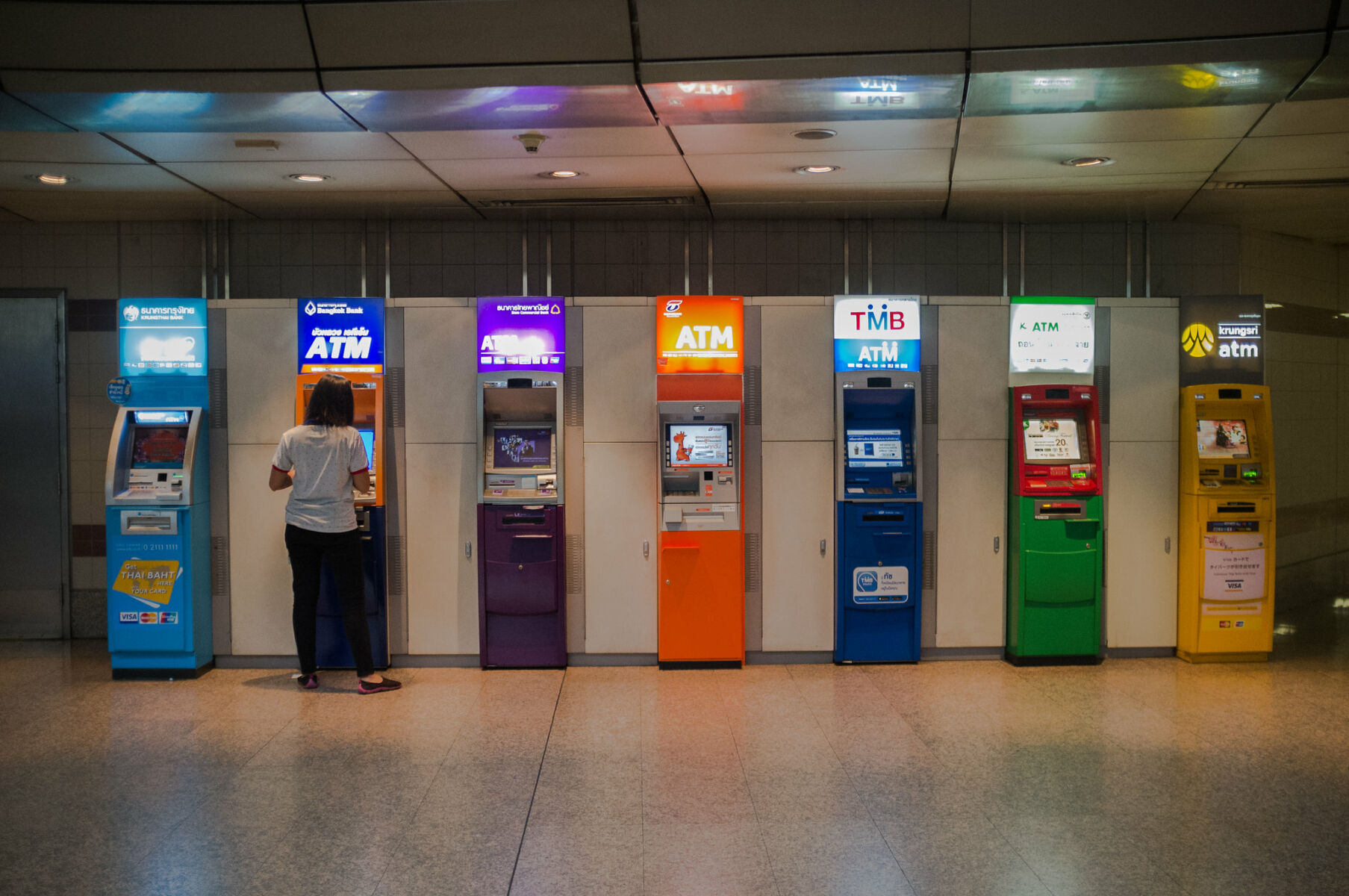Thailand’s soaring household debt risks economic slowdown, warns NESDC

The National Economic and Social Development Council (NESDC) issued a warning concerning Thailand’s mounting household debt, stating that it could become a significant issue if the economy and employment rates decline. NESDC Secretary-General Danucha Pichayanan emphasised the need for debt restructuring alongside financial and fiscal discipline at both individual and corporate levels.
During a press conference discussing the economic outlook for the first quarter of 2023, Danucha highlighted that household debt had reached 15.09 trillion baht in the fourth quarter of 2022, a 3.5% increase compared to the same period in 2021, and accounting for 86.9% of GDP. Most of the growth in household debt resulted from real estate purchases, which grew by 5.2% in the fourth quarter of 2022. Personal loans have also continued to grow at an increasing rate of 20.8% over the last two quarters. However, non-performing loans relating to household debt remain stable at 2.62%.
In the first quarter of 2023, the number of employed individuals was 39.6 million, a 2.4% increase from the same quarter in the previous year, with average monthly wages of 15,118 baht in the public sector and 13,762 baht in the private sector, excluding other benefits. The unemployment rate currently stands at 1.05%.
Danucha also discussed the potential impact of raising the minimum wage, as desired by the General Election winners. While it would enable workers to earn more, it would also increase production costs, leading to higher product prices. Furthermore, foreign direct investment could be affected, as foreign investors may shift their production bases from Thailand to other countries if the wage hike pledge is implemented. Danucha said…
“Personally, I think labour wages should not be set equally across the country as the cost of living differs in each area.”
Additionally, increasing salaries for those with a bachelor’s degree could pose a burden on public sector spending for government workers’ salaries.
Regarding the new government’s policy to create a more welfare-oriented state, Danucha said that the provision of state welfare in Thailand is limited in terms of income, which differs from countries like those in Scandinavia that collect high taxes to provide welfare for their citizens.
“In Thailand, our tax base is narrow with only around 11 million people filing a tax form, and fewer than 4 million actually paying tax.
“If you want to provide welfare to the people you need to do it in a targeted way, while ‘across the board’ types of assistance would be detrimental to the country’s fiscal status in the long term.”
Danucha emphasised the need for Thailand to restructure its tax system to have sufficient funds for welfare provision and, at the same time, increase the country’s competitiveness through investment, reported Bangkok Post.
Latest Thailand News
Follow The Thaiger on Google News:


























